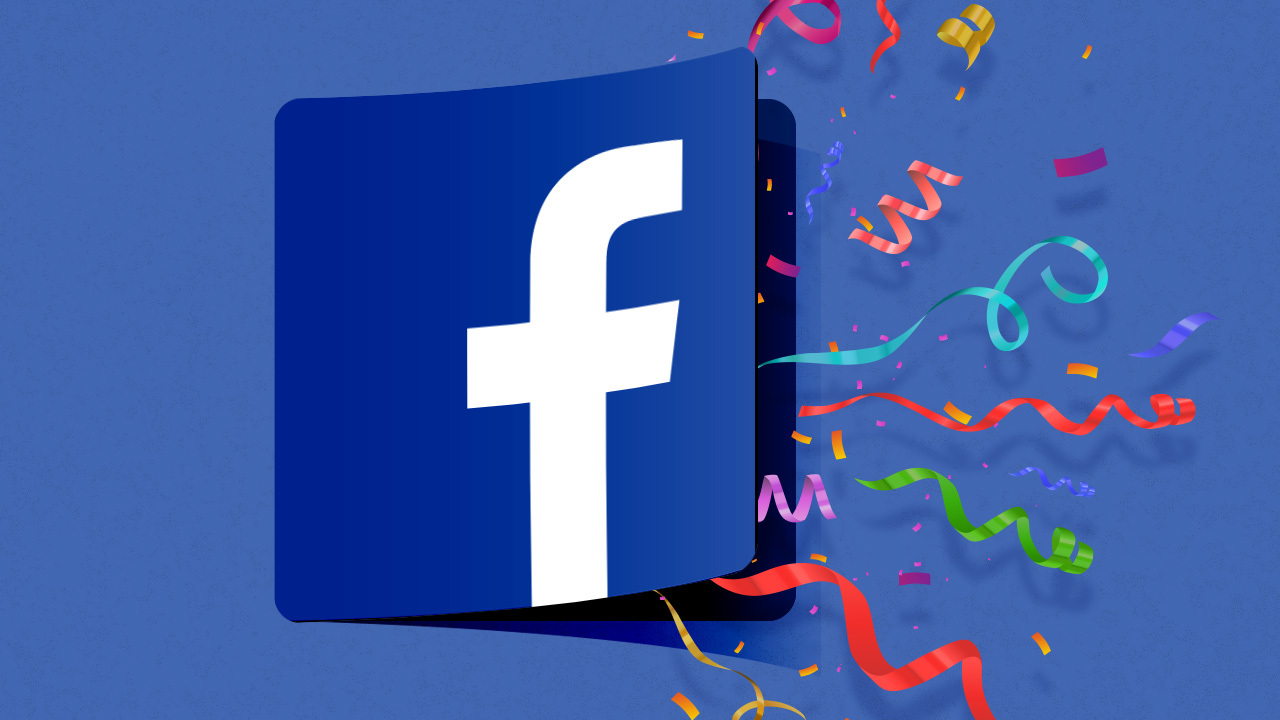

Facebook has stated that it will delete any material on its website that denies or distorts the Holocaust. The company claims that the extension of its hate speech policies is a reaction to what it calls the well-documented increase in anti-Semitism globally and the disturbing level of misinformation about the Holocaust, particularly among young people.
In addition to removing material that denies or distorts the Holocaust, the company claims that, beginning later this year, it will guide anyone searching Facebook for words relevant to this subject to "credible evidence" provided by third-party sources.
The application of these policies can not happen overnight. There is a variety of material that may breach these policies, and it will take some time to train our reviewers and compliance mechanisms, said Facebook's content policy VP, Monika Bickert, in a blog post.
Earlier this year, Facebook said it would ban anti-Semitic stereotypes that portray Jews as running the world or its major institutions. But a week later, a study by the UK anti-Extremism organisation, the Institute for Strategic Dialog (ISD), found that the company's algorithm "actively promotes" the content of Holocaust denial.
Removing content that denies or distorts the Holocaust may seem like a simple move for an organization that is often accused of allowing hate speech. But in the past, Facebook CEO Mark Zuckerberg, who is a Jew, has described the company's tolerance of Holocaust denial as an indication of its adherence to the values of freedom of speech.
In an interview with Recode in 2018, Zuckerberg said that Facebook wouldn't delete posts from Holocaust deniers because he felt they weren't intentionally getting [the Holocaust] wrong.
It's hard to question intent and grasp intent, Zuckerberg said. I just think, as abhorrent as some of these examples are, I think the truth is that when I talk publicly, I get it wrong. I'm pretty sure you do. I'm sure a lot of the politicians and public figures that we admire do, too, and I just don't think it's the right thing to say, 'We're going to take someone off the forum if they get things wrong, even multiple times.' (Zuckerberg added later, I personally find Holocaust denial profoundly insulting, and I absolutely didn't mean to defend the intent of those who deny it.)
Image Credit: https://www.pcmag.com/
